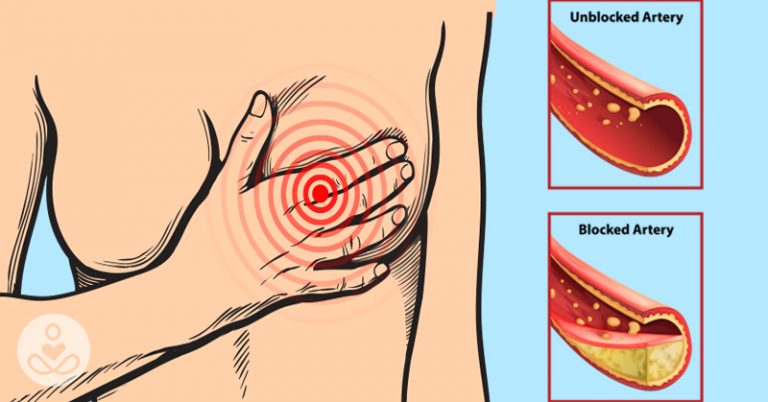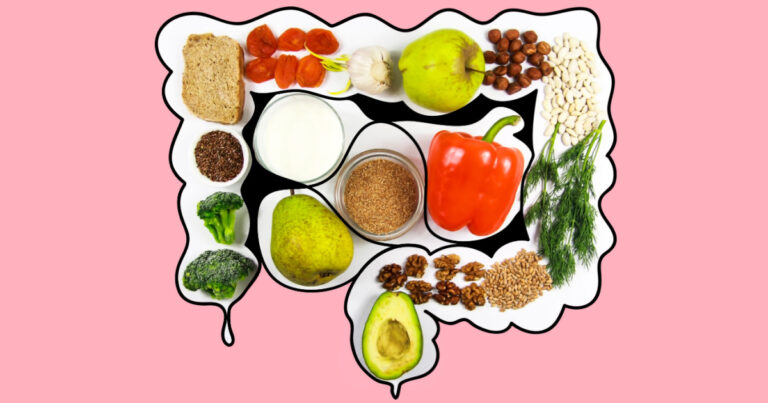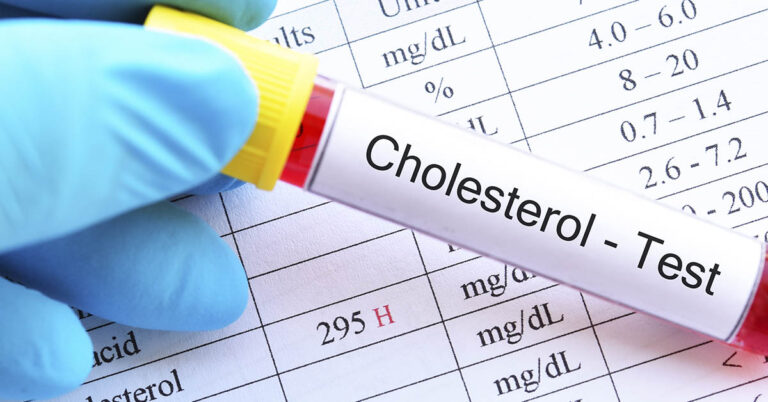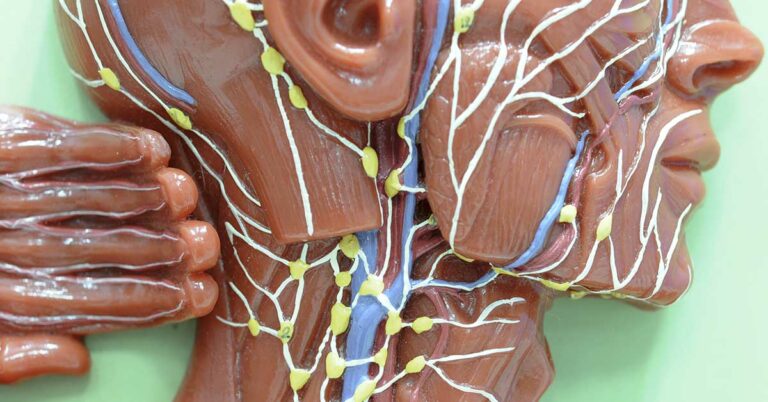There are over 40 neurotransmitters in the human nervous system, and dopamine (DA) is considered one of the top four significant neurotransmitters, next to acetylcholine, serotonin, and glutamate. What is dopamine, and what are its roles? DA is a well-known brain chemical (neurotransmitter); although it also acts as a compound that helps maintain homeostasis (state...
Author: Dr. Michael Newman, DNM, Ph.D, HHP, FAIS.
Browse all articles by this author
The term “Early-Onset Dementia” (EOD) defines all dementia-related conditions with the onset occurring before 65 years of age (Giannakopoulos et al., 1996). Dementia, defined by the Alzheimer’s Association, is a general term for memory loss, language, problem-solving, and other thinking abilities severe enough to obstruct daily life. Alzheimer’s is considered the most frequent cause of...
Arteries are blood vessels that carry oxygenated blood from your heart to the rest of your body, while their counterparts, the veins, carry blood back to the heart. This is known as our circulatory system, which supplies essential oxygen, nutrients, and hormones to your organs, muscles, and tissue cells. Ischemic heart disease, also known as...
Irritable bowel syndrome (IBS) is a commonly diagnosed chronic gastrointestinal disease defined by irritation in bowel habits and abdominal pain in the absence of other known causes (Weaver et al., 2017). People who suffer from IBS not only have to deal with the physiological symptoms of gastrointestinal distress, but approximately 40–60% experience psychological disorders that play...
Cholesterol is a waxy, fat-like substance found in every cell in your body that is required to maintain good health. When it is in the right amount, your body uses it to produce hormones and vitamin D while assisting digestion. However, too much cholesterol can pose a problem. At unhealthy levels, cholesterol can lead to...
Are you suffering from constant or intermittent bloating, excess gas, cramping, or even body fatigue, headaches, sudden allergies, or sensitivity to common foods in your diet? Have you been diagnosed with an autoimmune condition, like Type 1 diabetes or inflammatory bowel disease, or do you suffer from mood disorder or depression? If you answered yes...





